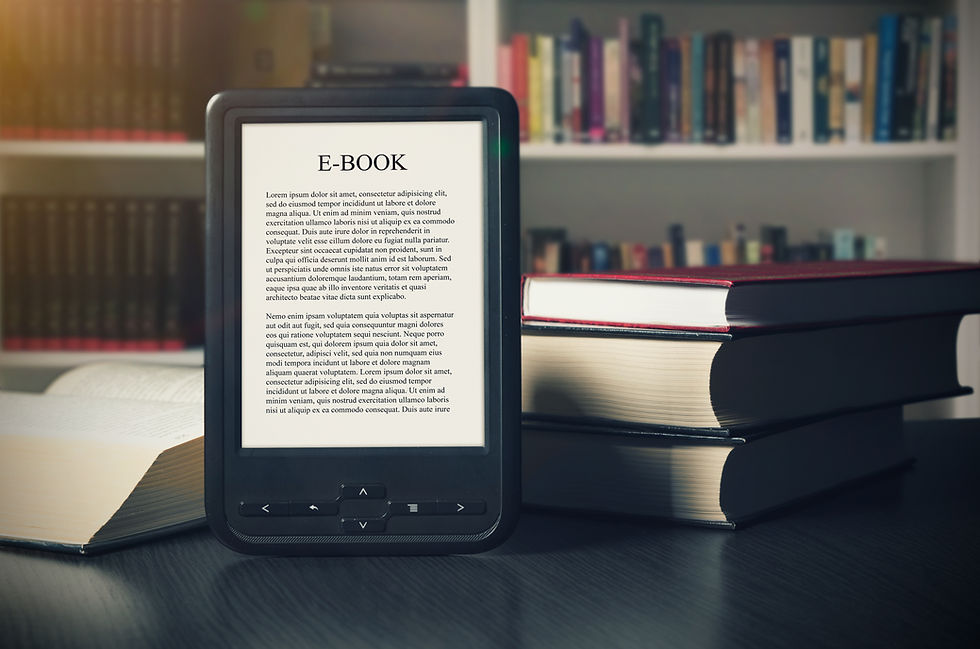Why I Dropped the MCU and the DC Universe: A Farewell to Asshats
- Aoibh Wood
- Nov 8, 2024
- 3 min read

Once upon a rainy night in Hollywood—picture a back alley, a flickering streetlamp, maybe a jazz saxophone wailing somewhere in the distance—the Marvel and DC cinematic universes were new and flashy. Hugh Jackman played a fabulous Wolverine. We had a couple of halfway-decent Spidermen from Sony, even if they kept re-hashing old storylines. And, of course, there’s Gal Gadot as Wonder Woman. I loved it at first. Capes, modern costumes, a little action, a bit of romance, and just the right amount of tortured backstory. These giants once promised a new era of heroics and, yes, even a dash of inclusivity. But like a flickering neon “No Occupancy” sign, they’ve let me down one broken promise at a time. I'm not even talking about James Gunn’s homophobic slurs. Or the infamous Trump in a producer's hat, Ike Perlmutter.
here’s my resignation letter, signed, sealed, and dropped: I’m done with Marvel’s and DC’s so-called cinematic “universes.”
I'll start with Marvel’s “groundbreaking” LGBTQ+ representation. Remember Eternals? That’s right—Marvel’s Big Moment for inclusivity, plastered across headlines and PR announcements for months. The hype alone could’ve lit up Times Square. They heralded Phastos, the franchise’s first openly gay superhero, with all the pomp of a Hollywood premiere, practically patting themselves on the back for making history. And sure, for about five seconds, it seemed like they’d actually done something. Phastos had a husband and a child. But the kiss found its way to the cutting room floor. And let’s be honest—that kiss felt more like a quick contractual obligation than a real expression of love, a brief flicker meant to be a “cut here” for international markets. Phastos’s relationship was treated like a small item on Marvel’s inclusivity checklist, something that could be missed if you blinked too long or went to refill your popcorn.
There there was Valkyrie. In Thor: Love and Thunder, Valkyrie’s queerness is teased like a well-kept secret at a stuffy dinner party—a passing nod and a vague hint, left so fleeting and superficial you’d think Marvel was more concerned with dodging than delivering real representation.
It’s classic Marvel queer baiting: they give us just enough to say, “See? We’re inclusive!” but not enough to make it integral to the story. It’s almost as if Marvel thinks the LGBTQ+ community should still be grateful for crumbs, a hesitant side glance that could be excised or minimized without disrupting the main plot. Phastos was a fascinating character who could’ve been a trailblazer. But in Eternals, his queerness felt like a whisper lost in a roaring theater—an afterthought so carefully contained, you’d think Marvel was trying to keep it a secret. Same with Valkyrie.
Meanwhile, DC’s not exactly faring better. Birds of Prey acknowledged Harley Quinn’s bisexuality for a split second, a throwaway line that barely registered before the scene cut away. They seem more comfortable with the idea of “mentioning” queer characters than actually showing them. The comics have lots of canonically queer characters in DC.
Here’s where the irony gets thick as the fog in an old Dashiell Hammett Novel—the TV adaptations are the real scene-stealers. While the big-screen titans wring their hands over how much “inclusion” they can sneak past international censors, DC’s Harley Quinn is over here like, “Oh, hey, here’s Harley and Ivy, actually fucking falling in love.” They’re partners, and the show doesn’t bat an eye—it just lets it happen, the way a well-mixed martini settles in the glass. And then there’s Doom Patrol, serving queer characters with actual depth and humor, taking risks that the cinematic universe only dreams of while pacing nervously in the back of the theater. Not to mention Batwoman, though the TV outing of that character was lousy. There are others: Annisa & Grace Choi from Black Lightning, Nyssa from Arrow, Alex Danvers & Kelly Olsen from Supergirl, and Ava Sharpe from Legend. They’re great, but those days are quickly passing as the CW series vanishes, never to be replaced.
Honestly? This whole spectacle was one of the reasons I wrote But I’m Not a Supervillain!!! Marvel and DC might think the occasional breadcrumb is enough, but I wanted a world where LGBTQ+ characters didn’t need to stay hidden in the shadows, a world where queerness wasn’t treated as a plot twist or a quick Easter egg before the credits roll. I wanted characters who weren’t reduced to winks and whispers—a hero (or anti-hero) who doesn’t have to leave their identity off-screen.
So, Marvel, DC—thanks for the memories, but I’ll be moving along. You want to throw the LGBTQ+ community a cameo here and a two-second kiss there? fine. Keep it. I’ll be elsewhere, settling into shows that don’t just wink at representation but actually serve it up straight, no chaser. And in my own stories? Well, let’s just say the rainbow is always in full technicolor.
Lastly, to Molly J. Bragg. Thank you so much for inspiring me!






I <3 Molly J Bragg, great to see as shout out to her here. Scatter is one of my favorite queer novels, and my second favorite queer super hero novel (after April Daniels amazing Dreadnought). As for the main content of the post, I am so tired of queerbaiting like this, and your examples of how the to biggest comicbook publing houses have let us down, especially in their film and tv, are dead on.